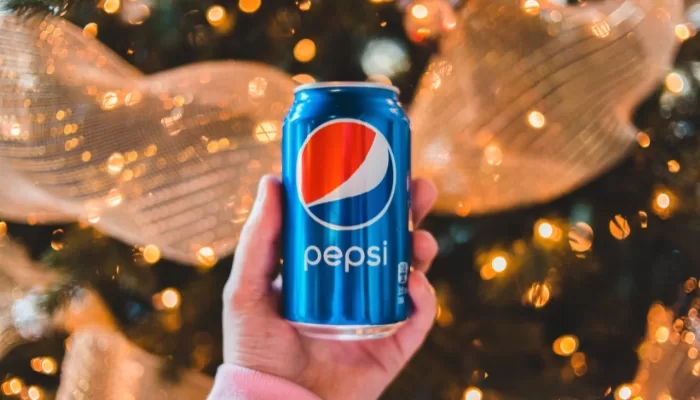Food & Beverage
Is the Future of Eating Mini? Inside PepsiCo’s Bold New Strategy

- PepsiCo is responding to changing consumer trends by focussing on mini-meals and smaller snack alternatives, reflecting value-conscious purchasing habits.
- To address consumers’ busy lifestyles and increased health consciousness, the company is creating novel, healthier, and more convenient snack alternatives.
- PepsiCo’s strategy is not only to increase consumer spending but also to reduce food waste by pushing reduced portion sizes, positioning the brand for growth in a competitive market.
In today’s fast-paced world, consumer spending trends are constantly changing, particularly when it comes to dining habits. PepsiCo‘s recent report, released on October 8, revealed a significant shift in customer choices, with a 0.6% reduction in net sales of $23.32 billion and a tiny 1.3% growth in organic revenue. This reflects a broader trend in which customers at all income levels are becoming more value-conscious.
PepsiCo’s CEO, Ramon Laguarta, stated that consumers are reconsidering their eating habits. Younger generations, particularly Gen Z, prefer smaller meals and more frequent snacks over conventional, larger meals. This shift is mostly driven by inflation and increased living costs, which have prompted a more conservative approach to spending.
The Growth of Mini-Meals
Several main variables drive the growing popularity of mini-meals:
- Busy Lifestyles: With increasingly hectic schedules, consumers are looking for quick snack options that can be enjoyed without sacrificing taste or nutrition.
- Economic Pressures: Many people are becoming more aware of their spending habits. Mini meals provide a cheap alternative to bigger, more expensive meals.
- Health Consciousness: As consumers become more conscious of the need for portion control, they seek smaller, healthier snack options that are consistent with their dietary preferences.
PepsiCo’s Mini-Meal Strategy
In response to shifting consumer behaviours, PepsiCo has expanded its product line to accommodate the mini-meal trend. Some major initiatives include:
- Smaller Portion Sizes: In response to the need for manageable quantities, the company has reduced the serving sizes of popular products such as chips and cookies.
- New Mini-Meal Offerings: Innovative items such as snack bars, trail mixes, and single-serve beverages have been created, providing a wide range of options to meet different tastes and dietary requirements.
- Convenient Packaging: PepsiCo has concentrated on inventing more portable packaging, such as single-serve pouches and resealable bags, to make it easier for customers to eat snacks on the go.
- Healthier Options: In response to consumer demand for nutritional alternatives, the company has expanded its line of healthier snacks, including low-calorie chips and whole-grain crackers.
The Economic Impact of Mini-Meals
PepsiCo’s mini-meal approach not only keeps the corporation competitive but also has a favourable economic impact. PepsiCo encourages consumer spending by providing affordable and convenient snack options, which helps to boost economic growth. Furthermore, focusing on lower portion sizes helps to reduce food waste, which has important environmental and economic implications.
Challenges and Opportunities
Despite the success of its mini-meal approach, PepsiCo confronts hurdles, including fierce rivalry in the food and beverage industry. To keep its competitive advantage, PepsiCo must continue to innovate and launch innovative new products. Furthermore, remaining responsive to changing consumer tastes is critical for modifying its offers accordingly.
On the other hand, the mini-meal trend creates substantial opportunity. As customers’ health consciousness grows, so does the need for nutritious and convenient snack options. PepsiCo can capitalise on this growing market by creating healthier mini-meal items. The corporation may use its great brand recognition and broad distribution network to reach new client segments.
Conclusion
PepsiCo’s strategic shift towards mini-meals demonstrates its capacity to react to changing market trends and economic demands. By providing a varied selection of smaller, portable food options, the brand caters to today’s busy and budget-conscious consumers. As the mini-meal trend gains pace, PepsiCo is well-positioned to capitalise on this growth opportunity, reaffirming its position as a leader in the food and beverage business.




















































